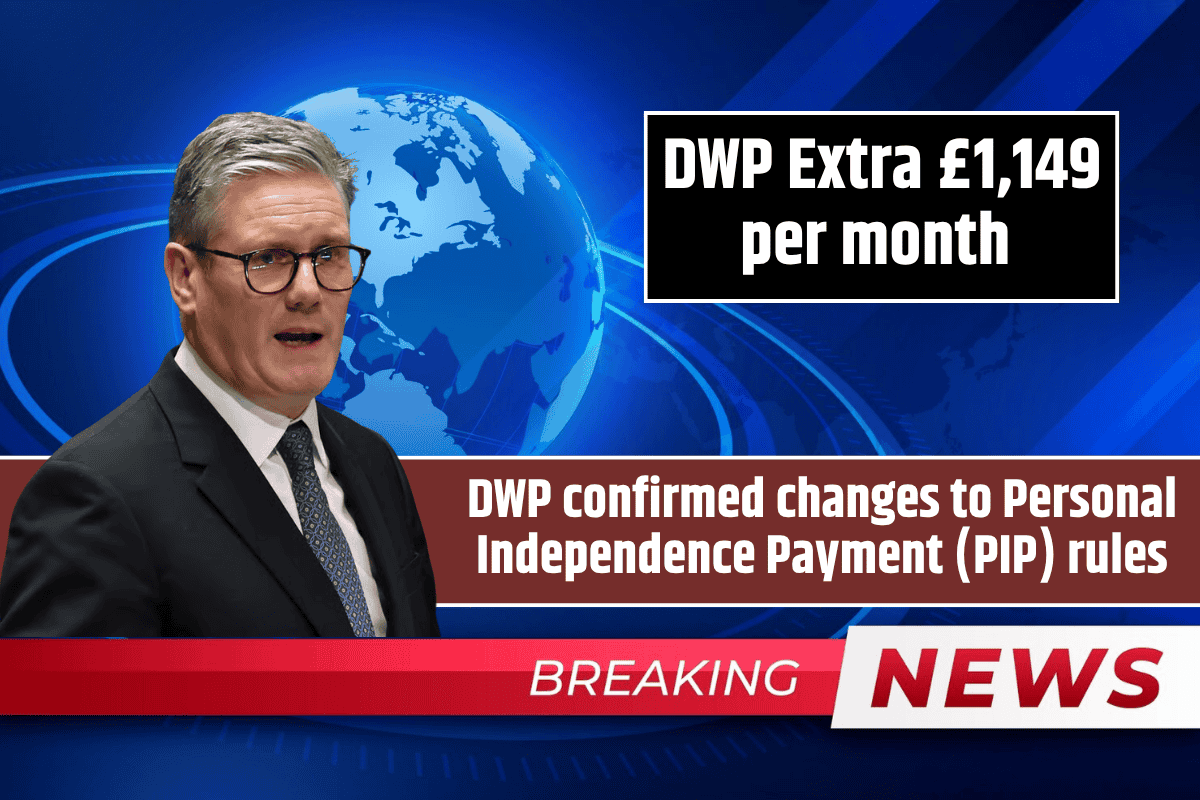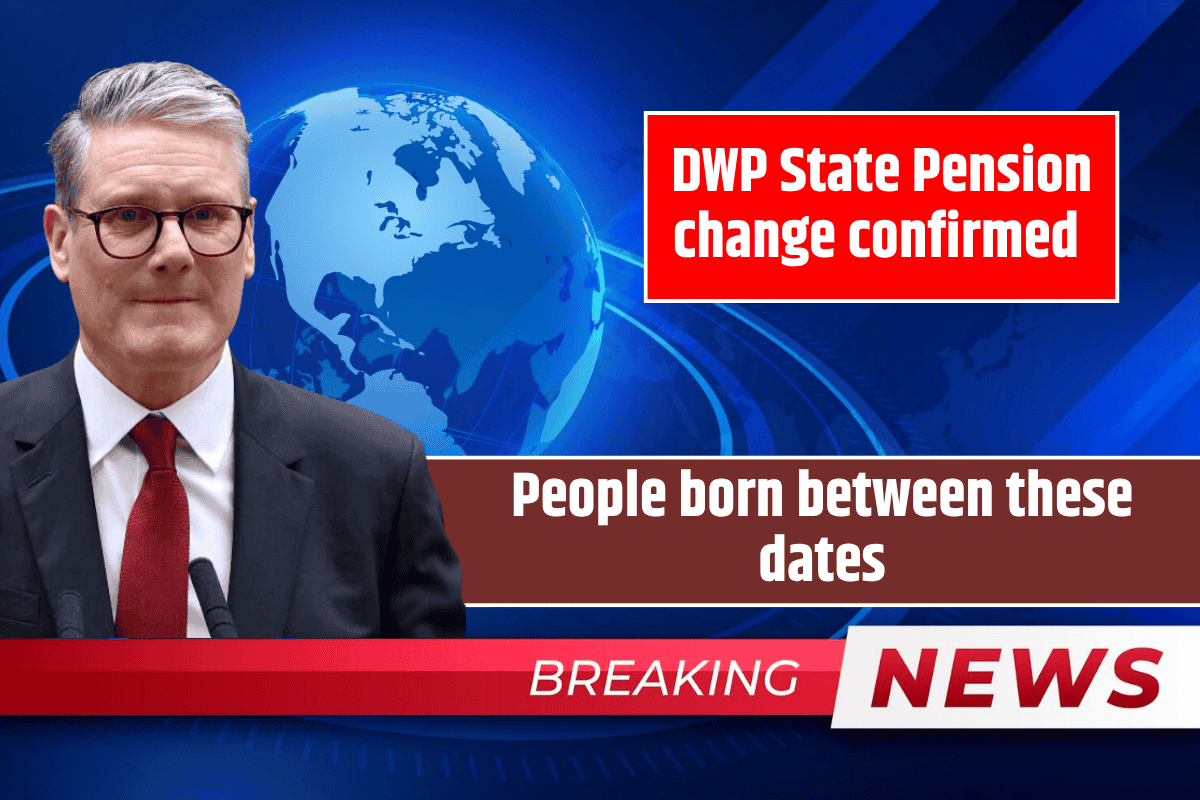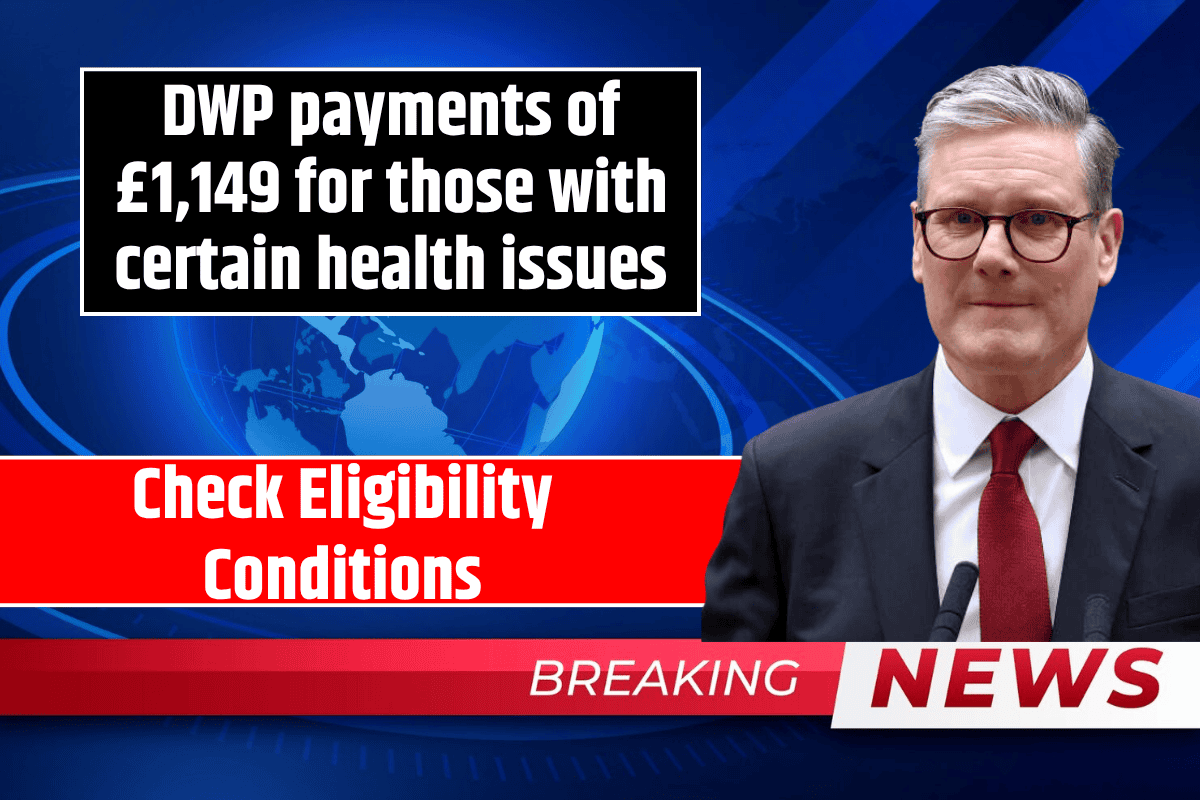If you’re on Universal Credit and dealing with a health issue, you may be able to get extra support through Personal Independence Payment (PIP). PIP is a government benefit designed for people who need help with daily activities because of a disability, illness, or mental health condition. Unlike some other benefits, PIP isn’t based on your income, so it won’t affect your benefit cap. Plus, you can still receive it even if you’re working, alongside other benefits like Universal Credit.
What Is PIP?
PIP is a benefit aimed at supporting people who struggle with daily tasks or mobility due to illness or disability. It’s divided into two parts: Daily Living and Mobility. You can receive one or both components depending on your needs. The amount you receive depends on how your condition affects your day-to-day life.
How Much Could You Receive?
If you are awarded PIP, the amount you can get varies based on the level of support you need:
-
The Daily Living component is split into two rates:
-
Standard rate: £73.90 a week.
-
Higher rate: £110.40 a week.
-
-
The Mobility component is also split into two rates:
-
Standard rate: £29.20 a week.
-
Higher rate: £77.05 a week.
-
If you qualify for the higher rates of PIP, you could receive up to £749.80 every four weeks in addition to any other benefits you’re already getting, like Universal Credit. For example, a single person over the age of 25 may receive a standard Universal Credit allowance of £400.14 a month. Adding PIP to this could mean a total of £1,149.94 each month.
How Does PIP Affect Universal Credit?
PIP does not reduce or replace Universal Credit. If you’re eligible for both, you can receive both benefits at the same time. PIP is designed to provide extra financial support for those with a disability or health issue that affects their daily living or mobility, while Universal Credit is a broader financial support system for people with low incomes.
Eligibility for PIP
To be eligible for PIP, you need to demonstrate that your health condition significantly affects your daily life. This could be through challenges in completing everyday tasks like washing, dressing, or cooking, or difficulties with getting around.
PIP is available for people aged 16 to state pension age. If you are terminally ill, you can get PIP automatically, without having to go through the usual assessment process.
Proposed Changes to PIP
Currently, to qualify for the Daily Living component, you need to score between 8 and 11 points on a set of activities. If you score 12 points or more, you qualify for the higher rate. However, there are proposed changes that may impact the daily living component from November 2026. Under the new rules, you would need to score at least four points in one activity to qualify for the Daily Living component. This means that some people who currently qualify for PIP based on a low score across several tasks may no longer be eligible for the Daily Living part.
PIP is an important benefit for people with health conditions that affect their daily lives. It can be claimed alongside Universal Credit, providing extra financial help. However, the rules around eligibility are based on how your condition impacts your life, and proposed changes could make it harder for some people to qualify for certain components of PIP in the future. If you think you might be eligible for PIP, it’s a good idea to apply and start the process as soon as possible.
FAQs
How does PIP affect Universal Credit?
PIP can be claimed alongside Universal Credit and doesn’t reduce the amount of Universal Credit you receive. It provides extra financial support for people with health conditions that affect their daily lives.
Can I get PIP if I’m working?
Yes, PIP is not means-tested, so you can still receive it even if you’re employed. It won’t affect other benefits you’re receiving, including Universal Credit.
What are the proposed changes to PIP in 2026?
Proposed changes suggest that to qualify for the Daily Living component of PIP, you’ll need to score at least four points in one activity, which could make it harder for some claimants to receive this part of PIP.
How much could I receive from PIP?
Depending on your needs, you could receive up to £749.80 every four weeks in PIP, in addition to any other benefits you are receiving, including Universal Credit.
Who is eligible for PIP?
PIP is available for people aged 16 to state pension age who have health conditions that significantly impact their daily life or mobility.
How does PIP affect Universal Credit?
PIP can be claimed alongside Universal Credit and doesn’t reduce the amount of Universal Credit you receive. It provides extra financial support for people with health conditions that affect their daily lives.
Can I get PIP if I’m working?
Yes, PIP is not means-tested, so you can still receive it even if you’re employed. It won’t affect other benefits you’re receiving, including Universal Credit.
What are the proposed changes to PIP in 2026?
Proposed changes suggest that to qualify for the Daily Living component of PIP, you’ll need to score at least four points in one activity, which could make it harder for some claimants to receive this part of PIP.
How much could I receive from PIP?
Depending on your needs, you could receive up to £749.80 every four weeks in PIP, in addition to any other benefits you are receiving, including Universal Credit.
Who is eligible for PIP?
PIP is available for people aged 16 to state pension age who have health conditions that significantly impact their daily life or mobility.












